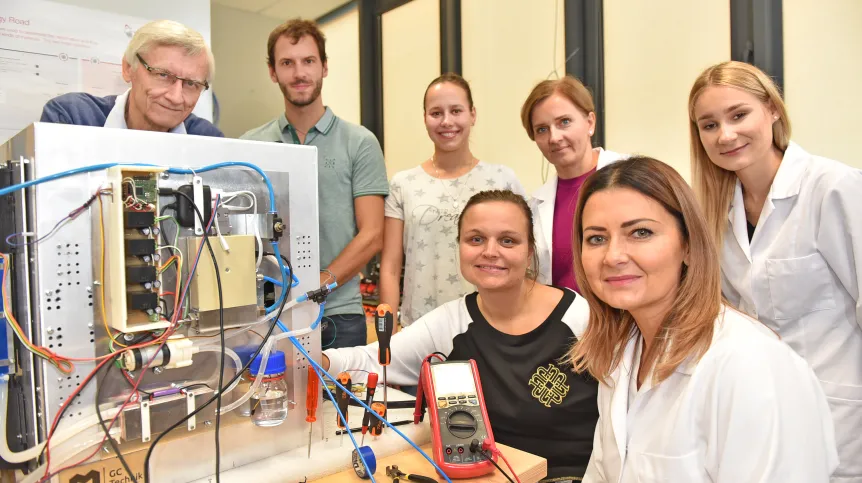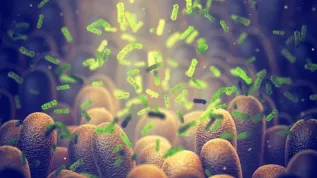
Biomaterials that make it possible to print a urethra for boys with a birth defect are being developed by materials engineers from the Lodz University of Technology.
Hypospadias is a developmental defect of boys related to the lack of a certain section of the urethra. According to the scientists there are no solutions on the market to treat such patients - only surgical procedures are possible.
A team led by Dr. Dorota Bociaga from the Institute of Materials Engineering develop biomaterials for urology. The researchers collaborate, among others, with specialists in the field of paediatric surgery and urology.
The project leader explains that the system consists of three components. A stiff scaffolding made of thermoplastic material can withstand the pressure of surrounding tissues. A polymer layer with antibacterial properties is necessary due to the presence of urine. Hydrogels contain live biological material - cells from patients, along with ingredients that stimulate them to form tissue in the place where it is missing.
One of the achievements of scientists is a 3D bioprinter capable of printing tubular structures from several materials with different technological requirements. The scientists have submitted patent applications: one for the materials solution, the other for the construction solution of the 3D bioprinter.
The members of the research team are: Dr. Anna Sobczyk-Guzenda, Dr. Marian Cłapa, Dr. Marta Kamińska, Mateusz Bartniak, Adrianna Wierzbicka and Aleksandra Bednarek. Dr. Marek Krakós from the J. Korczak Hospital in Łódź and Professor Piotr Wilczek - head of the Bioengineering Lab at the Foundation for the Development of Cardiac Surgery in Zabrze collaborate with the research team.
Research is carried out as part of the MATURO 3D project financed by the National Centre for Research and Development under the TECHMATSTRATEG strategic programme for scientific research in the area of advanced materials technologies.
PAP - Science in Poland
kol/ ekr/ kap/
tr. RL













